Nadia Valsecchi Foundation in Italy was established in 2015. Pictured: A fundraiser event.
Nadia Valsecchi Foundation is an Italian organization established in 2015 by the Valsecchi family in memory of Nadia, who lost her battle against pancreatic cancer in 2013.
The first mission of the foundation is to support research by establishing scholarships for young investigators, which are leading promising science in pancreatic cancer.
The second mission is to create awareness about the disease through the organization of national meetings. General practitioners, scientists, oncologists, surgeons and patients periodically convene to discuss the state of the disease and to develop strategies to help patients with pancreatic cancer. For the past three years, the foundation co-organized World Pancreatic Cancer Day in Italy together with the pancreatic cancer organizations active in our territory.
The third mission is to support the needs of patients during their journey. Recently the Foundation launched a new patient program called PEP, Pancreas Energy Program, where patients participate in physical activities followed by a personal trainer and a dietary program supervised by a nutritionist. The entire program is coordinated by a nurse navigator, who records the data of each patient and organizes their weekly activities.
Since 2017, Nadia Valsecchi Foundation has been a member of the WPCC. Recently they took part in the WPCC annual meeting in Miami. A representative of the Foundation said, “The Coalition helps our organization prioritize the needs of patients, and through their campaign we create awareness about pancreatic cancer with a unique voice all over the world. Therefore, we regularly use the #demandbetter theme for our initiatives and fundraising events.”

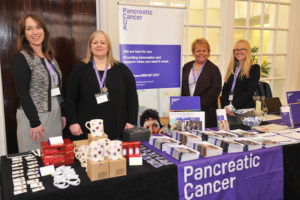
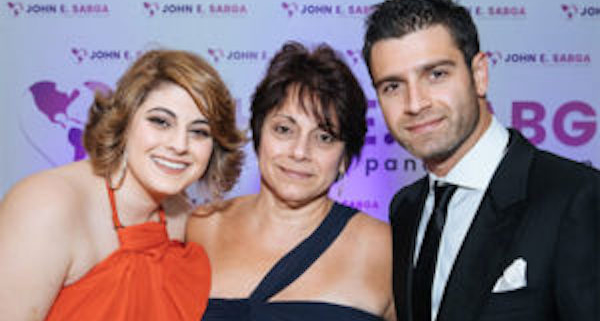
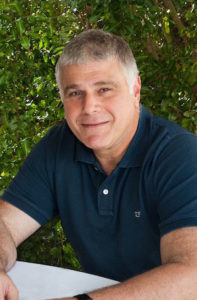
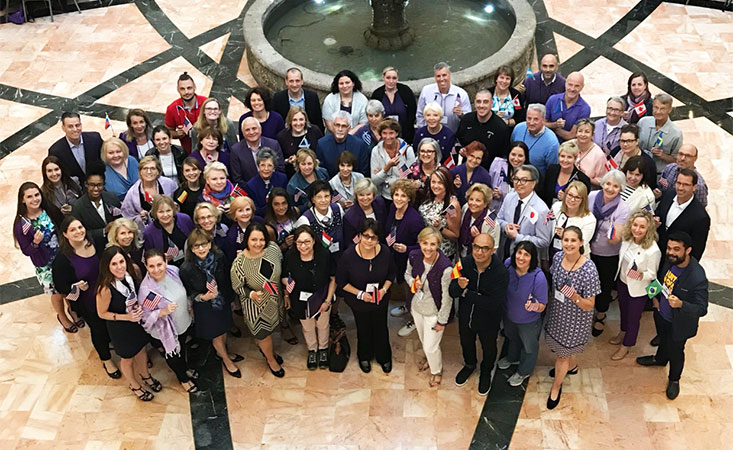
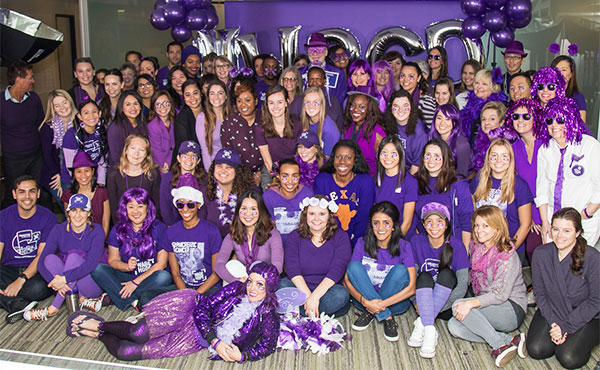
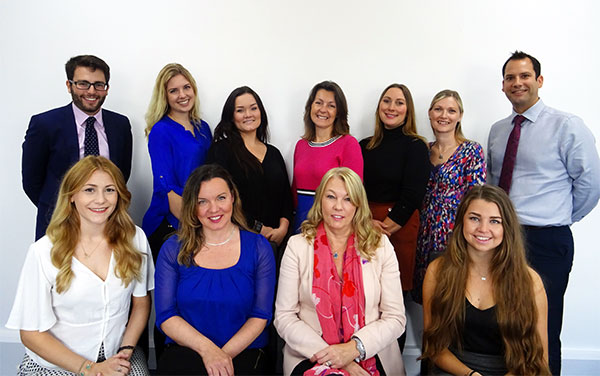
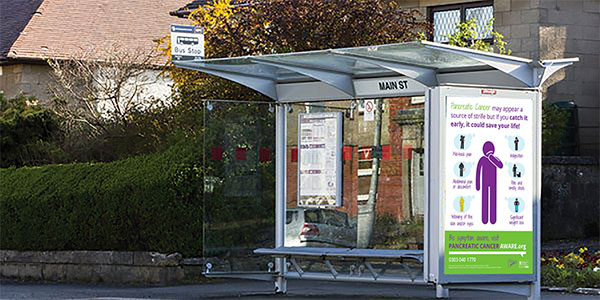
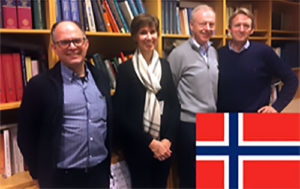
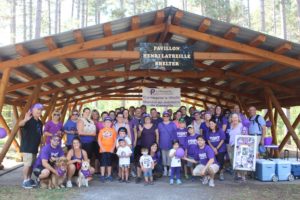
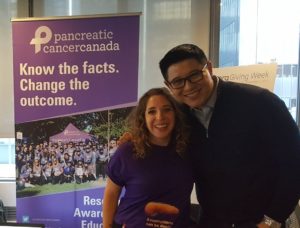
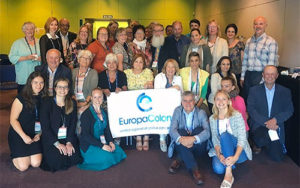 In 2015, recognizing that patients with other digestive cancers were not getting information or the support they needed, the board of EuropaColon decided to expand into these cancers, starting with pancreatic. In that year, the organization took part in early meetings that led to the forming of the World Pancreatic Cancer Coalition (WPCC).
In 2015, recognizing that patients with other digestive cancers were not getting information or the support they needed, the board of EuropaColon decided to expand into these cancers, starting with pancreatic. In that year, the organization took part in early meetings that led to the forming of the World Pancreatic Cancer Coalition (WPCC).